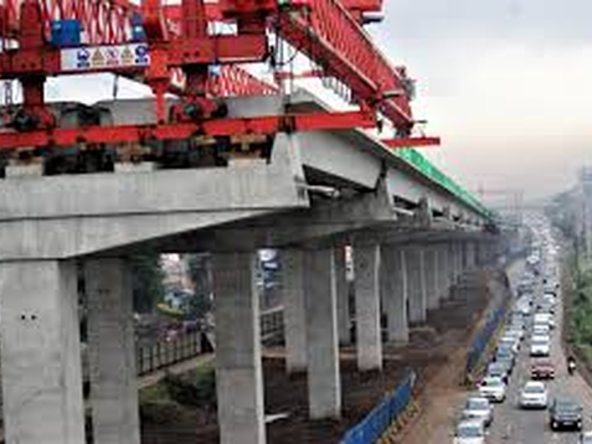Crackdown on Illegal Developments Set to Boost Nairobi Land Rates
In a bold move aimed at boosting revenue and restoring order to the city’s chaotic construction sector, the Nairobi City County government is now targeting an additional KSh 5 billion in land rates from property owners developing land without proper approvals.
City Hall says it is tightening enforcement measures in a crackdown on unauthorized developments and land misuse, particularly in Nairobi’s fast-growing peri-urban zones such as Ruai, Mihang’o, and parts of Embakasi.
The county’s finance and economic planning docket, under the leadership of Chief Officer Augustine Gachoya, confirmed that many developers have either under-declared the value of their land or are operating without valid change-of-user approvals—resulting in massive revenue leakage.
Unmasking Revenue Loss Through Unauthorized Land Use
Nairobi County is estimated to be losing billions annually due to the widespread flouting of planning and zoning regulations. From apartment blocks built on plots meant for single-family units to businesses operating in areas still officially zoned as residential, the grey area in land use has been costly to both residents and government coffers.
“We are now targeting those who have developed plots meant for residential use into commercial or high-density housing without proper permissions. They will be charged commercial rates as per their current use,” said Gachoya.
The new valuation and land rates initiative is also expected to deter speculative construction, particularly in formerly agricultural or low-density areas now transformed into bustling real estate hubs.
Why Nairobi Land Rates Are Under the Spotlight
Nairobi’s last property valuation roll was implemented in 1982 and revised only once in 2019. Since then, property values in the city have skyrocketed, especially in emerging neighborhoods like Kamulu, Joska, and Ruaka.
Yet, a large number of landowners continue paying outdated land rates, often based on inaccurate land use declarations.
A recent internal audit revealed that a significant chunk of Nairobi’s prime land is undervalued, with many developers failing to update their property status with the county. This means massive high-rise buildings in areas like Pipeline and Donholm are paying land rates equivalent to a single-family dwelling.
Tech-Enabled Enforcement and GIS Mapping
To support the crackdown, Nairobi County has begun deploying GIS (Geographic Information Systems) to match plot usage with official zoning data. Satellite imagery and digital planning tools will help the county identify discrepancies and ensure that what is built on a parcel matches what is registered.
The county is also collaborating with the Ministry of Lands to align its enforcement framework with national policy, including updating the property database and improving public access to development regulations.
Landowners Urged to Comply or Face Penalties
City Hall is urging landowners who have altered land use or constructed buildings without the necessary permissions to regularize their properties immediately. Those who fail to comply risk penalties, backdated land rates, or even demolition of illegal structures.
This move comes amid ongoing frustrations by residents and developers who’ve followed the law, only to be undercut by rogue builders avoiding compliance costs.
What This Means for Nairobi’s Future
If successful, the initiative could drastically increase the county’s revenue base—funds that are sorely needed to improve infrastructure, waste management, road maintenance, and affordable housing programs.
It also marks a shift in Nairobi’s approach to urban governance: moving away from reactive demolition exercises toward a more structured and data-driven compliance system.
“Fairness begins with ensuring that everyone contributes their share. If your plot is being used commercially, you must pay accordingly,” added Gachoya.
A Wake-Up Call for Developers and Landowners
As Nairobi continues to expand, pressure on land and infrastructure is intensifying. The county’s renewed focus on land rates and development compliance is not just a revenue issue—it’s about enforcing order in a city whose growth has long outpaced its planning systems.
Whether you’re a landowner in Kilimani, a developer in Kamulu, or a business owner in Embakasi, now is the time to ensure your property is compliant. Nairobi land rates are no longer just a formality—they’re a key tool in reshaping the city’s future.




